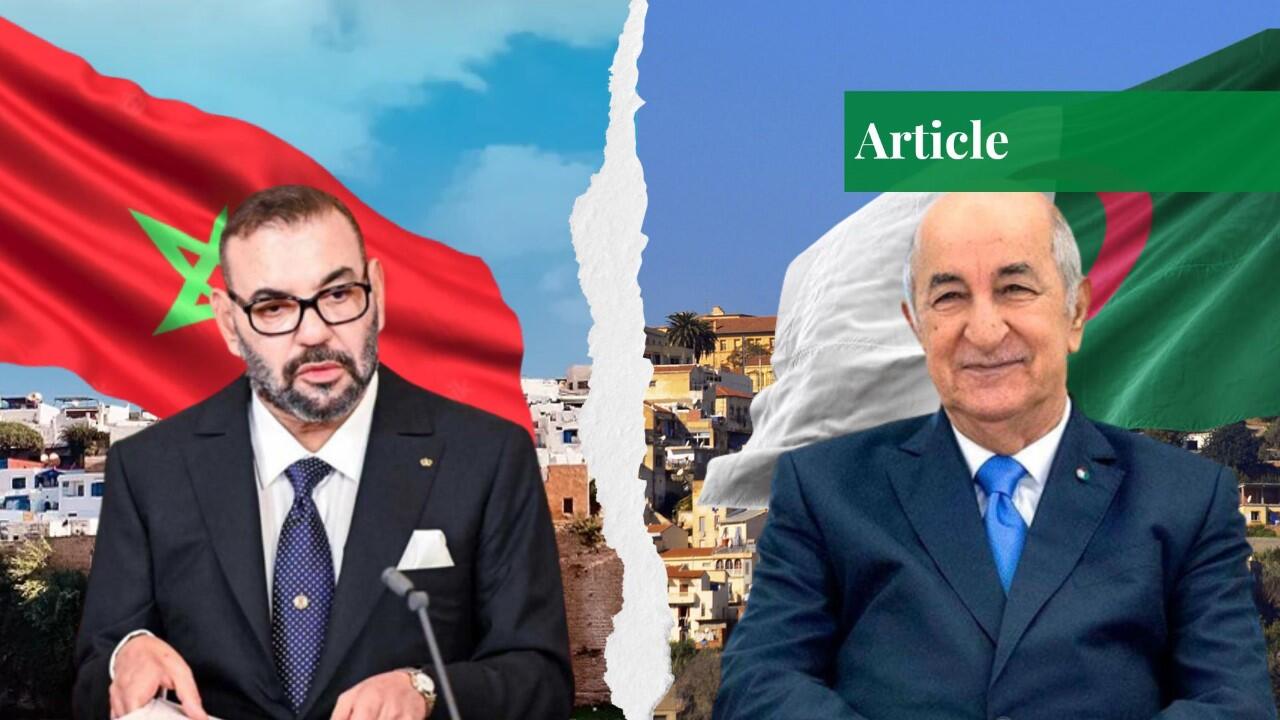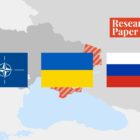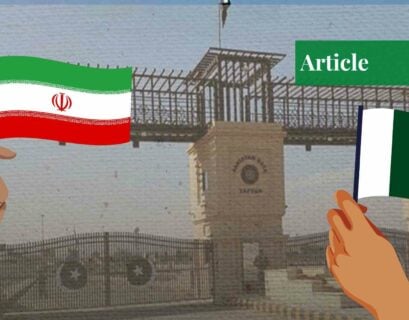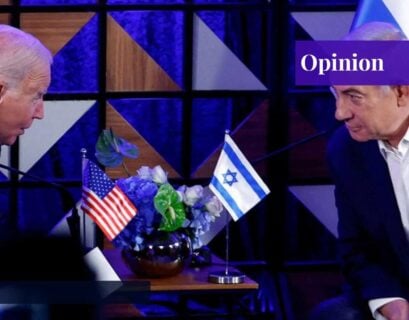Introduction
Algeria and Morocco have geostrategic as well as geoeconomic interests because of which they have an ongoing arms race, territorial disputes, ideological conflicts, and historic fault lines. Over the years, the two countries have spent billions of dollars on building up their military might to ensure their stronghold in the region. This has made them avoid the real development that is human development.
According to the 2022 HDI, Algeria ranks 91st and Morocco ranks 123rd out of 191 countries despite being rich in minerals and hydrocarbon resources. Thus, it can be said that the conflict of outmatching the opponent has only led the two into self-destruction.
Historical Roots
To understand the current diplomatic cutoff between the two countries, it is pertinent to trace back the root causes of the conflict. Morocco had a conservative monarchy, while Algeria was a colony of France. Morocco launched a rebellious attack on Algeria as a result of the colonization, and in return, France took over two provinces of Morocco and annexed them.
Initially, they were barren pieces of land and so were not demarcated, but after the discovery of precious metal and mineral resources, they were made part of Algeria. Morocco was actually offered a joint administration to look after these resources along with the colony, but as the independence movements in Algeria were on the rise, Morocco’s government denied the offer.
Soon after Algeria gained its independence, its new government refrained from giving back the territory and so maintained the status quo of the annexed land. This led to a war between the two called the Sand War, but to this day, the area remains disputed.
Ideological Differences
In addition to this, in the era of the Cold War, Morocco and Algeria sided with the opposite powers which, too. sowed the seed of the existing fault line. Morocco was a monarchy that had more inclination towards the West, especially the UK. On the other hand, Algeria had recently become independent from the colonial rule which made Algeria develop more nationalist and socialist inclinations, bringing it closer to the USSR.
Adding up to the tensions between the two, in 1975, Spain gave up its control over Western Sahara, and the land was offered to Morocco against the will of the local Saharawi people. Western Sahara has a significant geostrategic and geoeconomic importance and if Algeria had control over it, it would have been able to by-pass the strait of Gibraltar which is under Morocco’s control, and instead have direct access to the Atlantic Ocean from Western Sahara.
Having access to the ocean would have multiplied Algeria’s trade and reduced its dependence on the strait of Gibraltar. Thus, Algeria started supporting the Polisario movement in Western Sahara militarily which was against Moroccan rule. This eventually led to proxy wars between the two countries. Since 1991, Morocco has controlled 85% of the Western Saharan region, and a ceasefire has been declared, but the area continues to be contested.
Cutting Ties
Furthermore, in the 1990s, a civil war erupted in Algeria against an Islamist group, which Algeria claimed was supported by Morocco. Ever since the eruption of the civil war, the borders between the two countries have been closed. Although multiple attempts at peace and negotiations have been made, nothing seems to have been fruitful, and the hostility between the two still continues.
Algeria and Morocco are primarily trying to increase their military might so that they can dominate the region and maintain their superiority. In this regard, the two have been pushed into the vicious cycle of the arms race. As a result of the heavy investment of the military, the basic living necessities and infrastructure for the masses have been ignored by the leaderships of both countries.
When US President Donald Trump recognized Morocco’s sovereignty over the Western Sahara region, Morocco, in return, normalized its relations with Israel. Since Algeria was a staunch supporter of the Palestinian cause, the normalisation agreement reignited tensions between Morocco and the separatist movements in Western Sahara. Moreover, the incident once again polarized the region as the flourishing US-Morocco ties forced Algeria to improve its ties with Russia.
Based on the historic conflict and the current arms race, the Algerian government has failed to deliver on its domestic promises and so it has led to the eruption of violent protests in the country. The situation became even worse because the Kabyle region in northwest Algeria is leading a successionist movement.
On top of it, In August 2021, a heat wave caused a wildfire in Algeria which is believed to have been artificially ignited by the Kabyle separatist group. This incident served as the last nail in the coffin of the friendship between the two countries, with Algeria and Morocco cutting off their diplomatic ties. Algeria even closed its air space for Morocco’s planes. In addition to this, it also cut off the gas supply from the Maghreb-Europe pipeline that was used to produce one-tenth of the electricity in Morocco.
The Algerian diplomat mentioned two reasons for cutting off diplomatic ties: one, the recognition of Israel by Morocco, and second, Israel and Morocco supporting the Kabyle separatist group in Algeria.
Conclusion
The dispute between Algeria and Morocco has morphed into a battle for geopolitical and geo-strategic interests which are seen as the means to achieve regional hegemony. However, if according to the liberal school of thought, the two increase trade, cooperation, and communication, they will be able to get out of the vicious cycle of the arms race and utilize their resources for the betterment of their countries.
However, as Thucydides said, it was the rise of Athens that made Sparta insecure and made war inevitable. Algeria and Morocco have also found themselves trapped in this situation.
If you want to submit your articles and/or research papers, please check the Submissions page.
The views and opinions expressed in this article/paper are the author’s own and do not necessarily reflect the editorial position of Paradigm Shift.



















